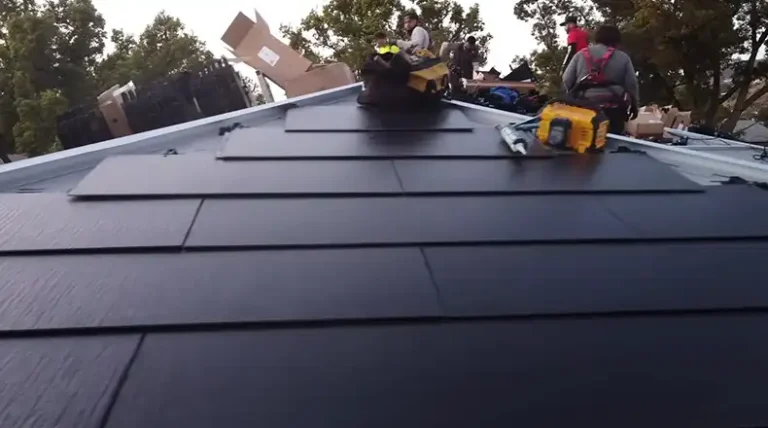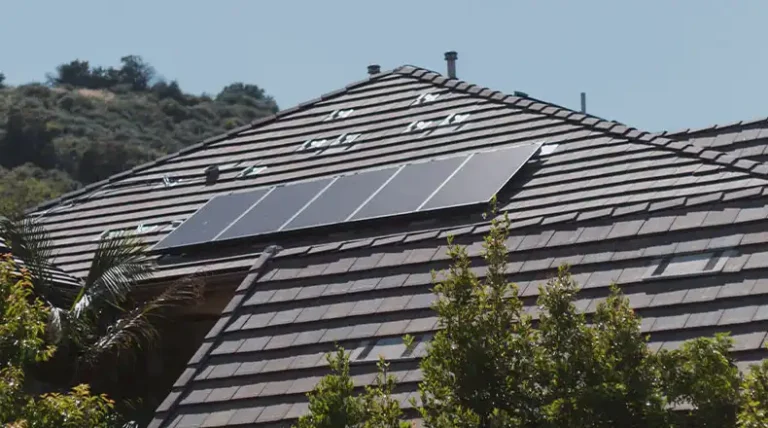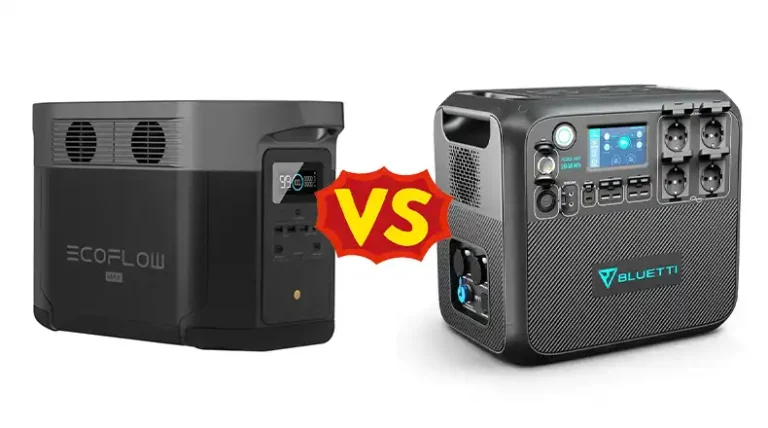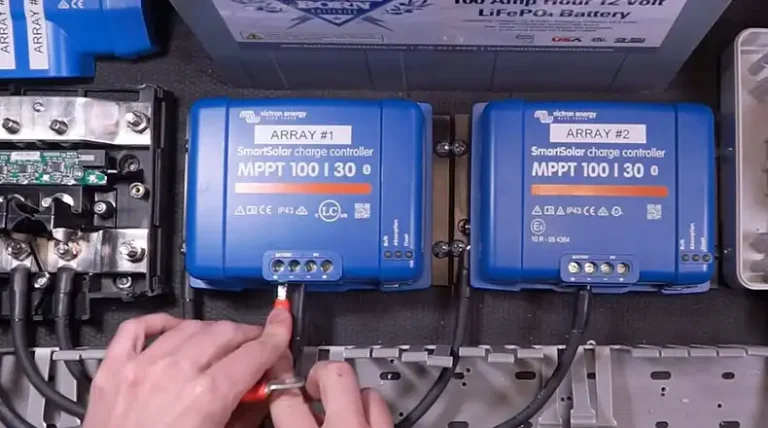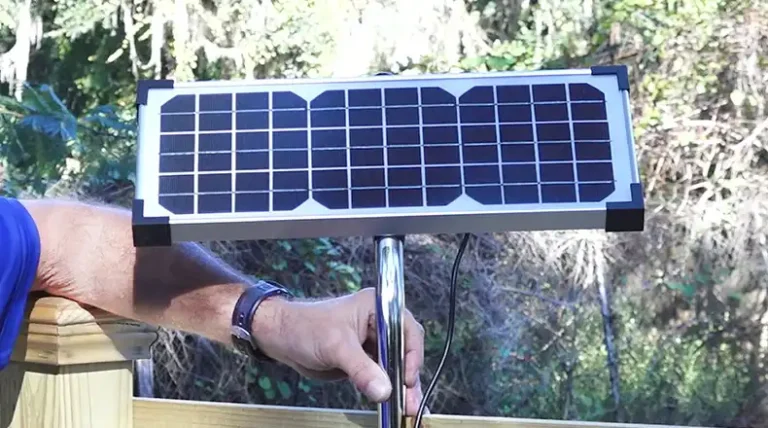Are Grid Tie Inverters Legal? | Used For Solar Systems
Grid tie inverters are one of the popular choices among solar system users. Day by day it’s gaining more popularity because with the help of it, you can store the excess solar energy in the local grid and you can use them when you need also you can sell the energy to the local grid organizations.
If you are willing to have a grid tie inverter then you must think that whether the grid tie inverter is legal or not. Well, there is nothing to worry about as it is legal till you are following all the rules and laws.
In today’s article, we have discussed the legality of using grid tie inverters and also covered when it can be illegal. So, let’s begin then.
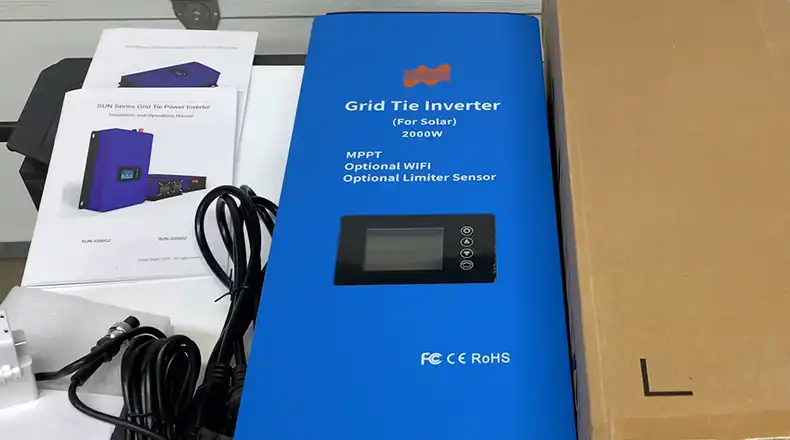
Does Grid Tie Inverters Have Legality for Using?
While using solar panels, having a grid tie inverter can provide you with a lot of advantages and it also helps to be beneficial from it. Both the consumer and the local power grid can be benefitted from this grid tie technology.
With the help of a contract with your utility, you can legally use grid tie inverters. In the United States of America, all of the states allow to use Grid tie inverters with their solar panels but while doing so, you will need to be under the state, federal, and local laws, codes, and regulations.
Also, sometimes you may need to pay for installing the grid tie inverter. It’s like tax, without paying the tax, you won’t be able to prove the legality of your grid tie inverters. For example, in California, if you want to add a large off-grid then you will need to pay a Stranding charge to the utility.
When the Legality of the Grid Tie Can Be Affected?
As aforementioned, until you are obeying the rules of your local laws or the federal laws of grid tie inverter, you can use it legally. There are a lot of factors that you will need to maintain but if you have disobeyed any of them, your grid tie inverter won’t be legal.
Now, let’s find out when the legality can be provoked.
[NOTE: the rules can vary from state to state.]
- The grid tie inverter must be certified by the Energy Commission as well as it will need to meet the National Electric Coe requirements. If the inverter doesn’t meet the requirements, then you won’t be able to use it legally.
- The grid tie inverter must have anti-islanding protection. That means when the grid goes down, the inverter must be shut down by itself. If the protection is missing then it will be illegal to use.
- Improper agreement with the utility company, not having net metering.
- In some states like Hawaii, there you will need to have an approved application with a signed interconnection agreement. Without this, the inverter won’t achieve legality.
These are the common rules of the different states of the USA. If you haven’t fulfilled any of them while installing a grid tie inverter, it will be illegal and unethical. The rules can vary from state to state. For example, if you are living in Texas then having a net metering isn’t mandatory. They follow different alternatives for it. So, before installing the inverter, check with your local, federal laws and electrical laws as well.
Frequently Asked Questions and Answers (FAQs)
Can a grid-tied solar inverter be used without a net metering grid meter?
No, it’s not a wise choice to do. First of all, it may break the local laws and if somehow you managed and started using it, then you will need to pay money for sending the extra charge to the grid.
What happens to the grid-tied inverter when grid power is off?
When the grid power is off, the grid tie inverter will shut down by itself. The inverters come with anti-islanding protection. It is applied to prevent back feeding and keep the line worker safe.
Conclusion
Lastly, a grid tie inverter is beneficial for both the consumer and the utility organization. It can reduce the electricity production cost for the organization. So, if you are planning to have a grid tie inverter then first check with the laws in your state and then fulfill the criteria and set up the inverter to benefit yourself!

